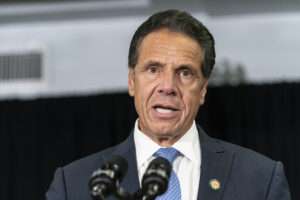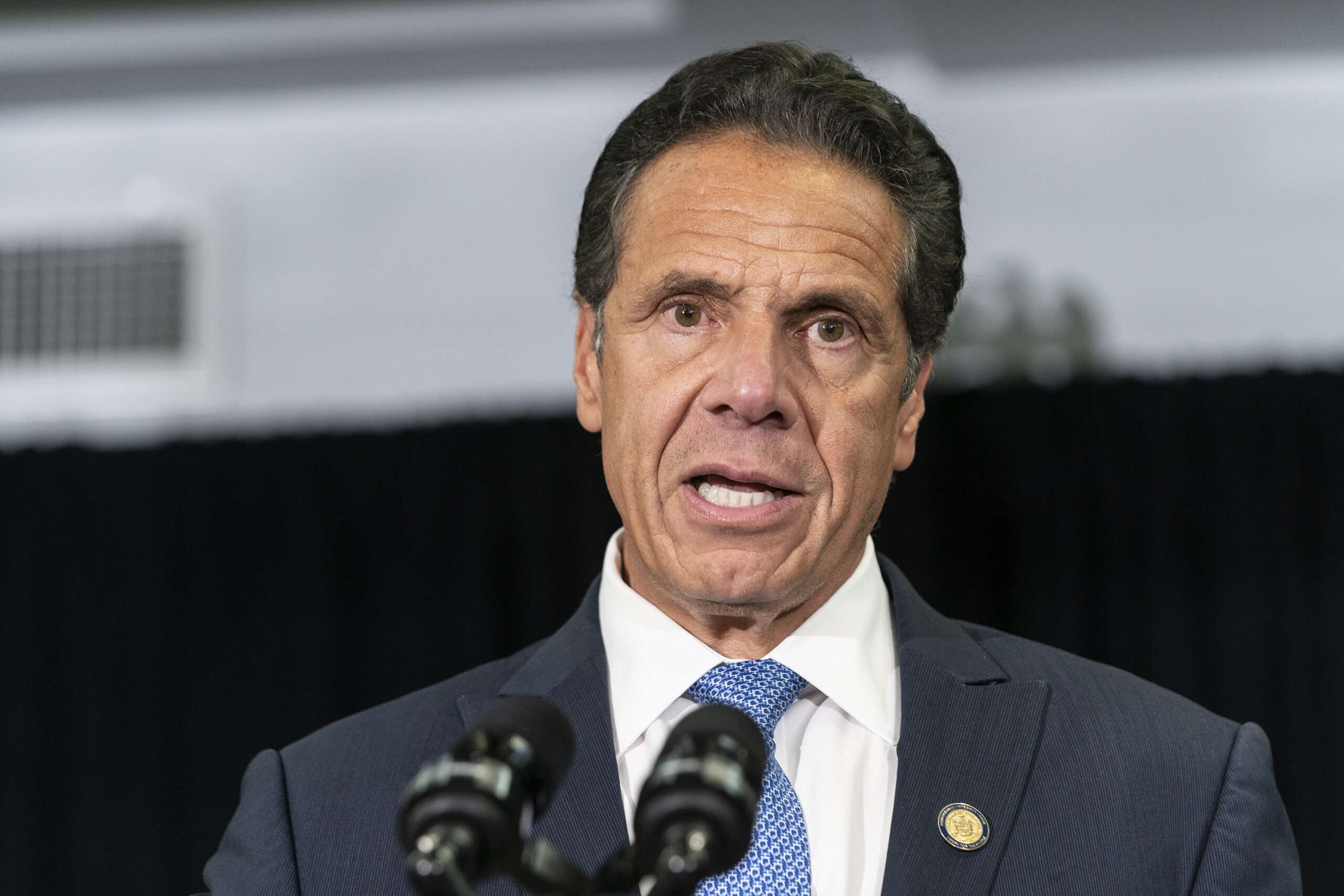
In a recent ruling in NRA v. Vullo, the Supreme Court unanimously sided against the Superintendent of New York’s Department of Financial Services. The agency had taken enforcement actions against financial institutions to cease business with the NRA due to their support of gun rights. While these actions appeared neutral, evidence suggested they aimed to stifle the NRA’s political speech.
Co-blogger Josh Blackman supports the outcome but criticizes Justice Sonia Sotomayor for referencing tweets and statements by then-Governor Andrew Cuomo in the Court’s opinion. Josh argues against using Cuomo’s statements since he wasn’t a party to the case. He expresses concern that this precedent could impact future litigation involving President Trump, where social media posts might influence actions taken by cabinet members, potentially targeting protected speech.
Trump’s statements, such as those regarding a “Muslim ban,” played a significant role in the legal challenge to his travel ban policy, ultimately upheld by the Supreme Court in Trump v. Hawaii (2018). While the Court’s decision was controversial, it acknowledged the relevance of such statements in certain cases.
The consideration of Cuomo’s statements by the Court is justified and should apply to future cases involving presidential motives, including those of Trump or other presidents.
Longstanding Supreme Court precedent maintains that seemingly neutral policies can be unconstitutional if evidence suggests they were adopted to discriminate against protected rights, such as political speech. Ignoring illicit motives could enable the government to target groups indirectly based on correlated characteristics.
Examining a governor’s or president’s statements in challenges to policies by subordinate officials is crucial as these leaders often influence their actions. In cases like Trump’s travel ban, the president’s statements were instrumental in shaping policy, highlighting the importance of considering such motives in legal proceedings.
The argument for scrutinizing unconstitutional motives of presidents is even stronger in a “unitary executive” framework, where the president wields substantial control over executive branch officials. Subordinates are likely to adhere to the president’s directives, emphasizing the need to assess their actions in light of the chief executive’s intentions.
Both state and federal governments can defend challenged policies by demonstrating they would have enacted them regardless of the chief executive’s motives. However, the burden of proof shifts to the government if evidence of unconstitutional motivation is present, as per Supreme Court precedent.
Considering the potential return of Trump to power and the increasing adoption of his tactics by other politicians, courts must be prepared to evaluate statements by presidents in assessing the legality of government actions. Judicial review plays a crucial role in curbing abuses of power driven by unconstitutional motives.
As seen in NRA v. Vullo, officials across the political spectrum may engage in behavior aimed at hiding unconstitutional motives behind seemingly neutral policies. Given the current polarized climate, where governmental power is weaponized against adversaries, judicial scrutiny of illicit motives is essential in deterring such abuses.






